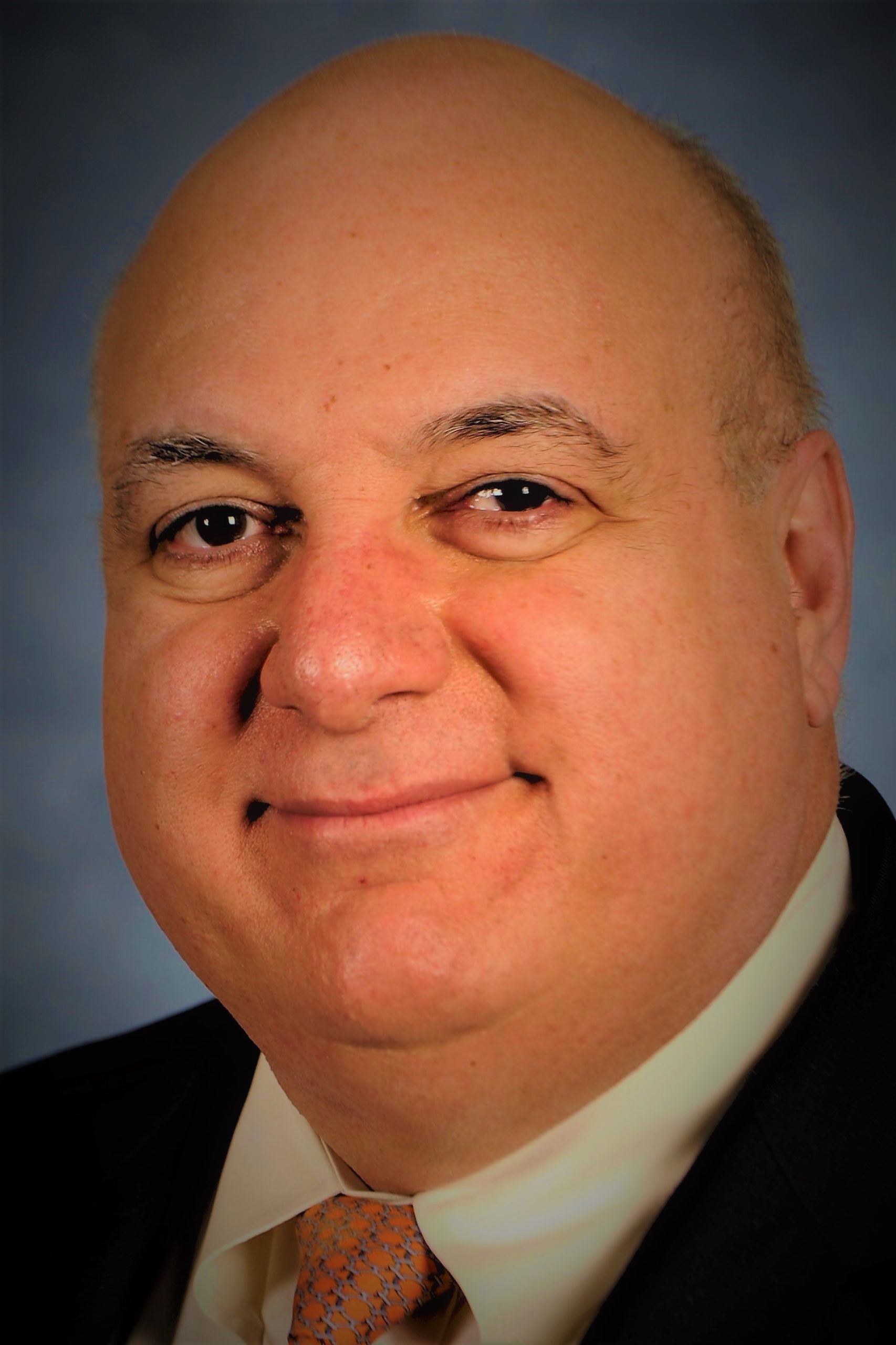2023 Episode 11 – Is Chronic Kidney Disease in Type 2 Diabetes Preventable?
Listen to Michael J. Blaha, MD, MPH and Richard E. Pratley, MD discuss the link between type 2 diabetes and chronic kidney disease (CKD) as well as taking a multidisciplinary approach to managing people with type 2 diabetes at risk for chronic kidney disease progression.

2023 Episode 11 – Is Chronic Kidney Disease in Type 2 Diabetes Preventable?
2023 Episode 11 – Is Chronic Kidney Disease in Type 2 Diabetes Preventable?
Michael J. Blaha MD, MPH is Professor of Cardiology and Epidemiology and presently serves as the Director of Clinical Research for the Johns Hopkins Ciccarone Center for the Prevention of Cardiovascular Disease. His clinical interests include primary and secondary prevention of cardiovascular disease, with emphasis on early intervention in patients with advanced subclinical atherosclerosis detected with cardiac computed tomography. He is also the Director of the Cardiometabolic Clinic at Johns Hopkins.
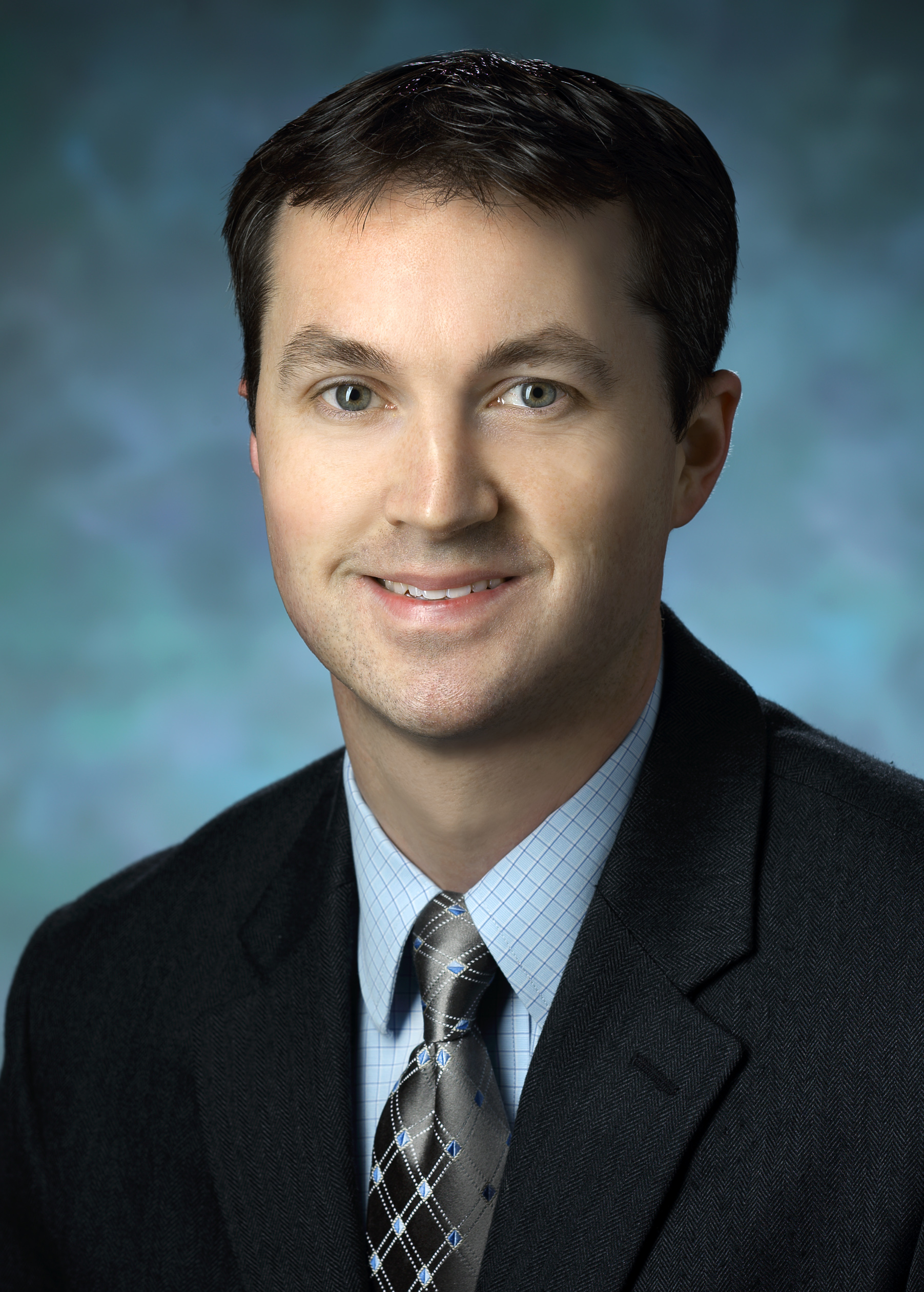
Michael J. Blaha MD, MPH
Richard E. Pratley, MD serves as the Samuel E. Crockett Chair in Diabetes Research, Senior Investigator and Diabetes Program Lead at the AdventHealth Translational Research Institute, and Medical Director at the AdventHealth Diabetes Institute, in Orlando, Florida. He is also Adjunct Professor of Medicine at the Johns Hopkins University School of Medicine. Dr. Pratley is an internationally recognized expert in diabetes. He lectures frequently, has conducted numerous research studies on the pathogenesis, prevention and treatment of diabetes, and has published over 300 peer-reviewed articles on diabetes and its complications.

Richard E. Pratley, MD
How Chronic Kidney Disease in Type 2 Diabetes Contributes to Cardiovascular Disease
CKD in patients with T2D represents a major public health problem, resulting in significant cardiovascular and kidney adverse outcomes in the United States and worldwide.
Date: Tuesday, March 16, 2021
Time: 4:00 pm
– 5:00 pm ET
Join Know Diabetes by Heart, American Kidney Fund and National Kidney Foundation, as experts Peter A. McCullough, MD, MPH Professor of Medicine, Vice Chief of Internal Medicine, Baylor University Medical Center, Orlando Gutierrez, MD Professor of Medicine and head of the Section of Epidemiology and Outcomes Research in the Division of Nephrology at the University of Alabama at Birmingham and Joseph A. Vassalotti, MD Chief Medical Officer of the National Kidney Foundation (NKF) and Associate Clinical Professor of Medicine in the Division of Nephrology, at Icahn School of Medicine at Mount Sinai as they discuss:
- Understanding the epidemiology of diabetes, CVD and CKD
- Identifying and managing renal complications in patients with T2D and CVD
- Summarizing new therapies to manage cardiovascular and renal risk in patients with T2D

Peter A. McCullough, MD, MPH
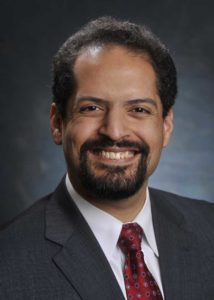
Orlando Gutierrez, MD

People living with type 2 diabetes and kidney disease are 3X more likely to die of a cardiovascular event compared to patients with type 2 diabetes alone.
Date: Thursday, January 28, 2021
Time: 11:00 am
– 12:00 pm ET
On December 12th, 2020 Get With The Guidelines®-Heart Failure was updated to expand data collection and measurement of renal disease in patients with heart failure and diabetes. Join us to hear a comprehensive review of the science behind these latest updates and for a demonstration of the data elements and measures.

Dr. Eckel
Managing CV and Renal Risk in Patients with T2D
Patients with T2D and CKD have a very high risk of CV events. Listen as Dr. Jorge Plutzky and Dr. Neha Pagidipati discuss new therapies to manage cardiovascular and renal risk in patients with T2D. Their discussion is based on new science presented during AHA Scientific Sessions 2020.

2020 Episode 10 – Managing CV and Renal Risk in Patients with T2D
Jorge Plutzky, MD is the Director of Preventive Cardiology in the Cardiovascular Division at Brigham and Women’s Hospital (BWH) and on the faculty of Harvard Medical School. Dr. Plutzky’s clinical interests have focused on preventing all manifestations of cardiovascular disease, with a particular interest in the intersection between abnormal metabolism, like obesity, dyslipidemia and diabetes and cardiovascular health. The current Chair of the AHA’s Diabetes Committee and the recipient of numerous awards for teaching and research, he is also the principal investigator of an NIH-funded basic science laboratory investigating mechanisms of cardio-metabolic disorders.

Neha J. Pagidipati, MD, MPH is an Assistant Professor of Medicine and cardiovascular disease prevention specialist. Since 2011, she has conducted research on cardiometabolic disease prevention, lifestyle modification and weight management. She is also building the Duke Cardiometabolic Disease Prevention Program, which focuses on behavior change and risk factor management in patients with high risk of cardiovascular and metabolic diseases such as diabetes and obesity.
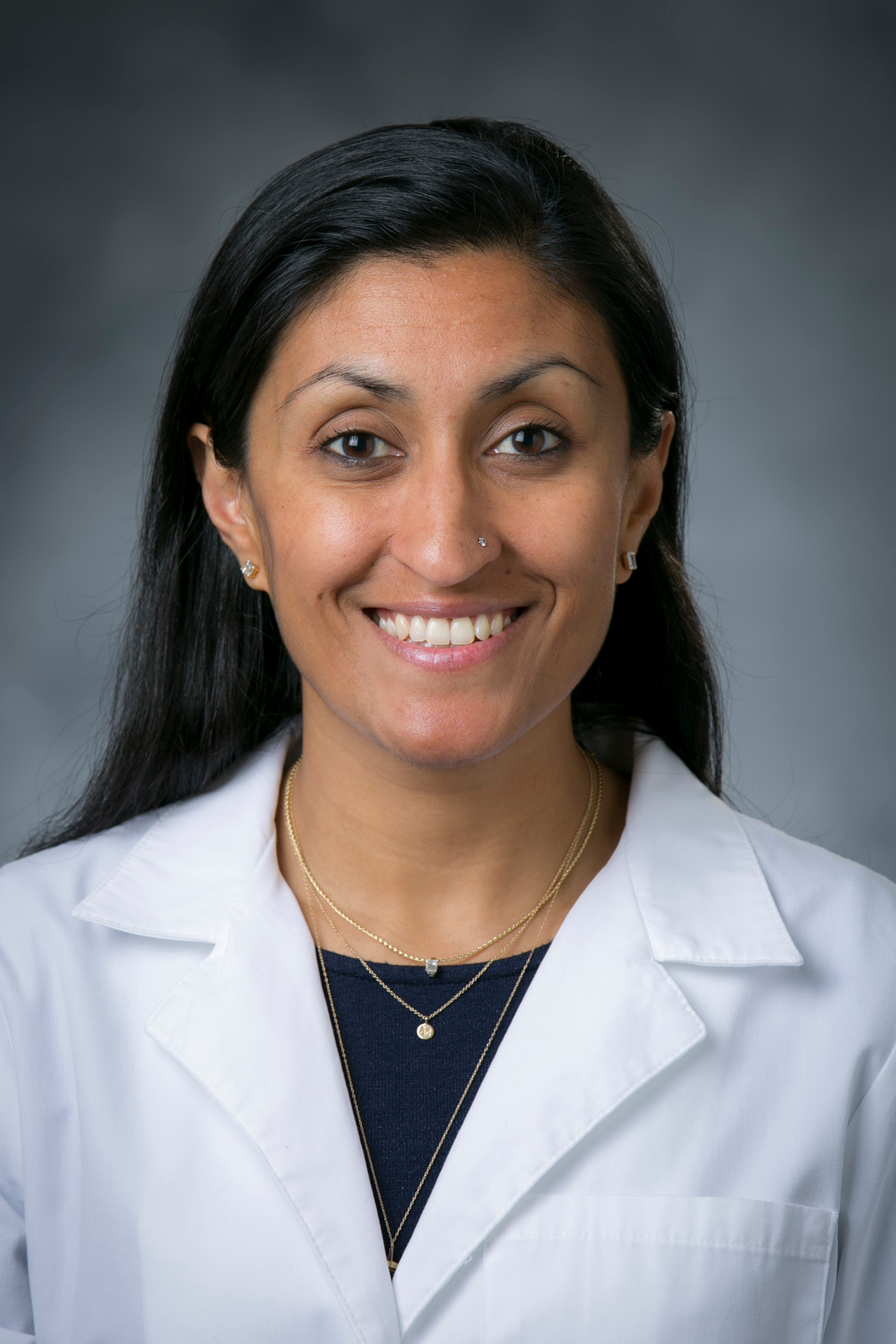
Cardiorenal Protection in Patients with Diabetes and CKD
Listen to leading experts discuss the new scientific statement from the AHA, “Cardiorenal Protection With the Newer Antidiabetic Agents in Patients With Diabetes and Chronic Kidney Disease,” where two newer groups of medications prescribed primarily for T2D treatment (SGLT2 inhibitors and GLP-1 receptor agonists) could significantly reduce risks associated with CKD and heart disease.
This scientific statement summarizes the current literature on the cardiorenal protective effects with SGLT2 inhibitors and GLP-1receptor agonists in patients with CKD and T2D. It reviews potential mechanistic pathways that may drive these benefits and summarizes the literature on adverse effects in patients with T2D and CKD at risk for or with established CVD.

2020 Episode 8 – Cardiorenal Protection in Patients with Diabetes and CKD
Janani Rangaswami, MD, FACP, FAHA maintains an active clinical and research practice in cardio-renal medicine at Einstein Medical Center, Philadelphia, and serves as the Associate Chair (Research) for the Internal Medicine residency program. She is a Clinical Associate Professor at Thomas Jefferson University and has won several awards from residents and fellows for clinical teaching and mentorship. She is the Vice-Chair of the Kidney Council of the AHA. She led the AHA Scientific Statements on Cardio-Renal Syndrome (2019) and the cardiorenal benefits with the newer antidiabetic agents in kidney disease (2020). She has authored several publications in cardiorenal medicine, and is the lead editor of two textbooks in this field: Textbook of Cardio Nephrology and the Textbook of Kidney Disease in the Cardiac Catheterization Laboratory.

Katherine R. Tuttle, MD, FASN, FACP, FNKF is Executive Director for Research at Providence Health Care, Co-Principal Investigator of the Institute of Translational Health Sciences and Professor of Medicine at the University of Washington. Dr. Tuttle’s major research interests are in clinical and translational science for diabetes and CKD. She has published over 200 original research contributions and served two terms as Associate Editor for the Clinical Journal of the American Society of Nephrology and the American Journal of Kidney Disease. Dr. Tuttle has received many honors and awards, including the Medal of Excellence from the American Association of Kidney Patients, Garbed Eknoyan Award from the National Kidney Foundation, the YWCA Woman of Achievement Award in Science, and two Outstanding Clinical Faculty Awards at the University of Washington.

Muthiah Vaduganathan, MD, MPH is a Cardiologist at Brigham and Women’s Hospital and Harvard Medical School. His research focuses on drug development and clinical trials of cardiometabolic therapies. He has authored or co-authored more than 350 peer-reviewed publications. Dr. Vaduganathan serves on the editorial boards of the European Journal of Heart Failure, JACC Heart Failure (Social Media/CME Editor), and JACC (FIT/Early Career Section Editor). He participates as an investigator and Clinical Endpoints Committee member for ongoing advanced-phase trials in HF/post-MI LV dysfunction.

Identifying and Managing Renal Complications in Patients with T2D and CVD
People with T2D and CKD are at three times higher risk of dying from a cardiovascular event. According to the National Kidney Foundation, the two main causes of CKD are diabetes and high blood pressure. These two conditions were the primary diagnosis in 75% of kidney failure cases between 2015–2017.
Listen to Dr. George Bakris, Nephrologist, with expertise in diabetes-related kidney disease, and Dr. Peter McCullough, Cardiologist, who is also board certified in internal medicine, discuss how to better screen and manage patients with T2D who are at risk for CVD and renal disease.

2020 Episode 5 – Identifying and Managing Renal Complications in Patients with T2D and CVD
Peter A. McCullough, MD, MPH is board certified by the American Board of Internal Medicine in internal medicine and CVD. He has extensive training and expertise in lipidology and echocardiography. He holds additional certifications from the American Board of Clinical Lipidology and the National Board of Echocardiography. Dr. McCullough specializes in treating patients with complicated internal medicine problems that have affected important organs including the heart and kidneys.
Dr. McCullough oversees cardiology training, education and research for the Baylor Health Care System and is Vice Chief of Medicine at Baylor University Medical Center at Dallas. He is an internationally recognized authority in his field and frequently lectures on internal medicine, nephrology and cardiology. In addition, he has published over a thousand related scientific communications. He is currently serving as the chair of the National Kidney Foundation’s Kidney Early Evaluation Program, the largest community screening effort for chronic diseases in America.
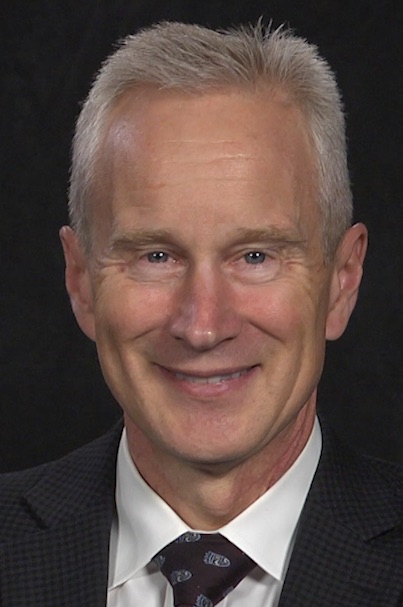
George Bakris, MD, specializes in the diagnosis and reduction of high blood pressure, particularly in complicated and refractory cases. He is also skilled in the treatment of kidney disease, with special expertise in diabetes-related kidney disease and slowing its progression.
In his research activities, Dr. Bakris explores why the rate of kidney disease is significantly higher in the black population than it is in other ethnic groups. He also evaluates specific markers of kidney disease progression and heightened cardiovascular risk, as well as how changes in the artery (central pressure) affect the heart and kidney. He has served on many guidelines’ committees over the past 15 years and is currently the chair of the ADA High Blood Pressure Consensus Panel and Clinical Practice Guideline Committee. He is also a member of the AHA panel updating resistant hypertension guidelines.
Dr. Bakris received the Irvine Page-Alva Bradley Lifetime Achievement Award to acknowledge his lifetime of outstanding achievements in the field of hypertension
